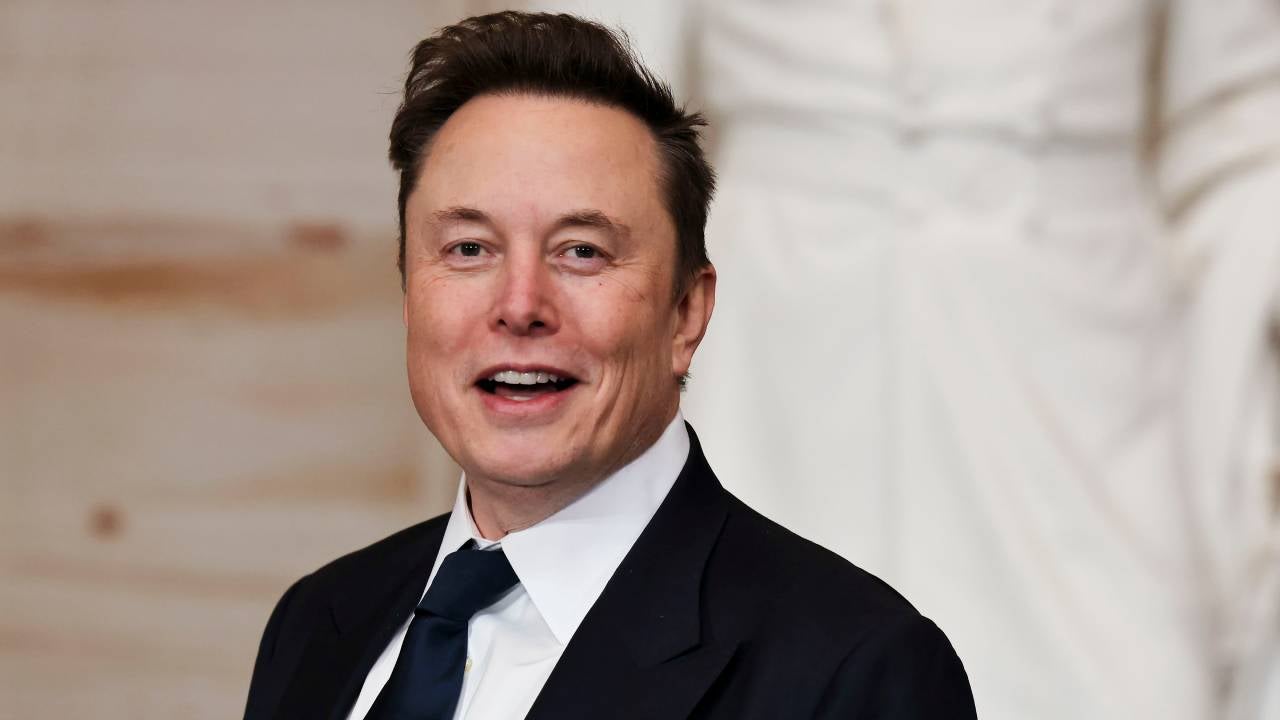Elon Musk’s Stark Caution: Revealing the Truth Could Endanger His Life
During a recent appearance on the Joe Rogan Experience, Elon Musk, currently leading the Department of Government Efficiency (DOGE), shared a startling warning about the personal risks involved in exposing government corruption. Musk suggested that revealing the full extent of the corruption he claims exists within the system could have dangerous consequences for him, possibly even life-threatening.
In the conversation with Joe Rogan, Musk touched on a range of topics, including the practice of stock trading by members of Congress. He noted that many lawmakers, including prominent figures like former House Speaker Nancy Pelosi, have managed to earn higher returns than the stock market through trades that may be influenced by their positions on certain committees. According to Musk, this type of activity is just one part of a much larger problem. He hinted at a range of issues, making it clear that the scope of the problem extended well beyond what was immediately visible to the public.
When pressed further by Rogan about the specifics, Musk seemed to acknowledge that he was walking a fine line by speaking out. With a mixture of humor and caution, he noted that revealing too much could jeopardize his safety, stating that doing so might even lead to a risk of assassination. His words, though said with a degree of levity, carried a serious undercurrent, implying that the more he exposed, the greater the personal danger he could face.
Musk also reflected on the personal toll that these revelations have taken on him, particularly as someone who has long been a target of threats. He remarked that the more frequently his name is heard in the public sphere, the higher the risk of being targeted by individuals with harmful intentions. Musk recounted a frightening encounter where two individuals, now in custody, had attempted to harm him. His comments painted a stark picture of the risks he faces as he continues to challenge powerful forces within the system.
At the heart of Musk’s recent statements is his role in DOGE, an organization dedicated to auditing federal agencies and identifying inefficiencies and waste. His team has been investigating several departments, including the Department of Defense, and has proposed significant cuts to various programs, including those related to diversity initiatives and international policies they view as unnecessary. They have also recommended cuts for agencies like the IRS and the Department of Education. These suggestions are part of a broader effort to address what Musk sees as a bloated and inefficient government. While DOGE does not have the authority to pass laws, Musk’s team hopes that their recommendations will influence lawmakers as they negotiate future budget decisions.
Despite the potential impact of DOGE’s audits, Musk acknowledged the difficult and risky nature of the work. By speaking out about government inefficiencies and corruption, Musk is drawing attention to issues that many may want to keep hidden. His comments suggest that there are powerful forces within the system who may go to great lengths to protect their interests, even if it means silencing critics. For Musk, the decision to continue exposing these issues is fraught with personal danger, as he balances his desire for reform with the very real threats to his own safety.
Musk’s statements serve as a call to action for those who support government reform, urging them to push for greater accountability and transparency in public institutions. He is not just challenging individual actions, but also calling attention to the systemic issues that can undermine the integrity of the political process. His comments about the dangers of revealing too much serve as a reminder of the potential consequences of challenging powerful systems, while also highlighting the importance of striving for change and demanding accountability.
Ultimately, Musk’s message underscores the complex relationship between speaking out and the risks that come with it. As he continues his work with DOGE, his efforts to expose corruption and inefficiency are not without personal cost. His warnings, however, provide valuable insight into the challenges faced by those who seek to bring about change in deeply entrenched systems. Whether one agrees with his methods or not, his call for greater transparency and reform has sparked important conversations about the state of government and the lengths to which some will go to protect their power.
